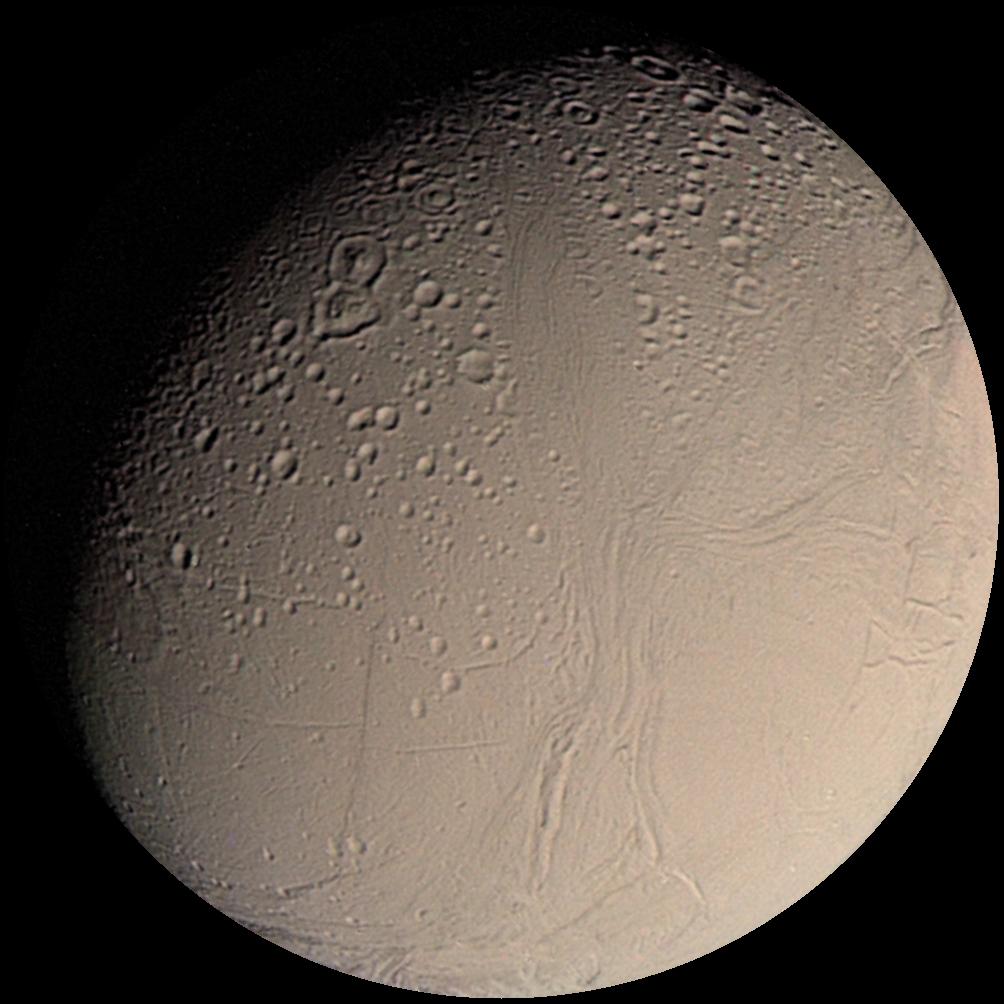After discovering a disk of gas, dust, and rubble orbiting a pulsar, astronomers believe they’ve figured out how planets are made. “It shows that planet formation is really ubiquitous in the universe. It’s a very robust process and can happen in all sorts of unexpected environments.“
Tag: Science
Cradle Will Rock.
“Remember the whiny, insecure kid in nursery school, the one who always thought everyone was out to get him, and was always running to the teacher with complaints? Chances are he grew up to be a conservative.” A several-decade-long study by UC Berkeley professor Jack Block finds a controversial correlation between confidence in childhood and later political leanings. “He reasons that insecure kids look for the reassurance provided by tradition and authority, and find it in conservative politics. The more confident kids are eager to explore alternatives to the way things are, and find liberal politics more congenial.” (Via Follow Me Here.)
Nothing Ever Happens on Mars.
“I think that this mission will re-write the science books on Mars.” More happy space news following the discovery of water on Enceladus: NASA successfully pilots the Mars Reconnaissance Orbiter into Martian orbit. “It was picture perfect. We could not have planned it any better.” (Phew…looks like everyone successfully converted to metric this time.)
Eye on Enceladus.
 “All these worlds are yours, except Europa…oh, and Enceladus.” In very big news, NASA announces that Cassini has found water plumes on Enceladus, Saturn’s moon. “This finding has substantially broadened the range of environments in the solar system that might support living organisms, and it doesn’t get any more significant than that…I’d say we’ve just hit the ball right out of the park.” What’s more, “unlike Europa, which researchers believe harbors a vast ocean beneath kilometers of thick ice, Enceladus’ water may be just below the surface.”
“All these worlds are yours, except Europa…oh, and Enceladus.” In very big news, NASA announces that Cassini has found water plumes on Enceladus, Saturn’s moon. “This finding has substantially broadened the range of environments in the solar system that might support living organisms, and it doesn’t get any more significant than that…I’d say we’ve just hit the ball right out of the park.” What’s more, “unlike Europa, which researchers believe harbors a vast ocean beneath kilometers of thick ice, Enceladus’ water may be just below the surface.”
Dance Dance Evolution.
“‘People are born to dance,’ Ebstein told Discovery News. ‘They have (other) genes that partially contribute to musical talent, such as coordination, sense of rhythm. However, the genes we studied are more related to the emotional side of dancing — the need and ability to communicate with other people and a spiritual side to their natures that not only enable them to feel the music, but to communicate that feeling to others via dance.” Looks like the Red Shoes are just a placebo — According to recent research at Hebrew University’s Scheinfeld Center for Genetic Studies, some people are just hardwired to dance. Now if only they could figure out why some people start conga lines or insist on breaking into the Electric Slide. (Via Dangerous Meta.)
Summers’ lease hath had all too long a date.
With another no-confidence vote on the way, Larry Summers announces his resignation as president of Harvard, effective at the end of the school year. Between running Cornel out of town and arguing women can’t do science, Summers long ago lost any truck with me. He was an embarrassment to the University, and it’s past time for him to go.
A “Lunar Armada.”
The LA Times examines the beginnings of the second lunar space race, which will involve, among others, the US, Europe, China, and India. “Some researchers even have a name for the first lunar city: Jamestown, in honor of the first English settlement in the New World.“
SOTU ’06.
A quick note on Tuesday’s State of the Union: I actually think Dubya has delivered some well-crafted speeches (1/23) in the past, even if I disagree with almost all of their content. This wasn’t one of them. Except for the “America is addicted to oil” line (which Jimmy Carter basically said over 25 years ago) and the “human-animal hybrid” goofiness (which, as Crooked Timber points out, might mean trouble for diabetics), there wasn’t a single memorable moment throughout, just more of the same “9/11” and “freedom, yeah” grandstanding. (And Kaine was no better — I like to think I’m more interested in politics than most people, and I was bored stiff after a minute or two. Nice fireplace, tho’.) If the White House was looking for this address to reverse their ailing fortunes, a la Clinton in ’98, my guess is that they failed. (Pharyngula link via Now This.)
New World Coming?
Using the relatively new technique of gravitational microlensing, astronomers discover their “most Earth-like planet yet”, orbiting a star in Sagittarius 20,000 light-years away. While this planet — currently named OGLE-2005-BLG-390Lb — is likely too cold for habitation, “‘we may predict with reasonable probability that microlensing will discover planets with masses like that of Earth at a similar distance from their stars and with comparable surface temperature,’ said study co-author Bohdan Paczynski from Princeton University.“
Stardust Memories / Pluto by Plutonium.
I’ve been extremely derelict in my space coverage around here lately. So, as a quick catch-up: Welcome back, Stardust, and Godspeed, New Horizons.
